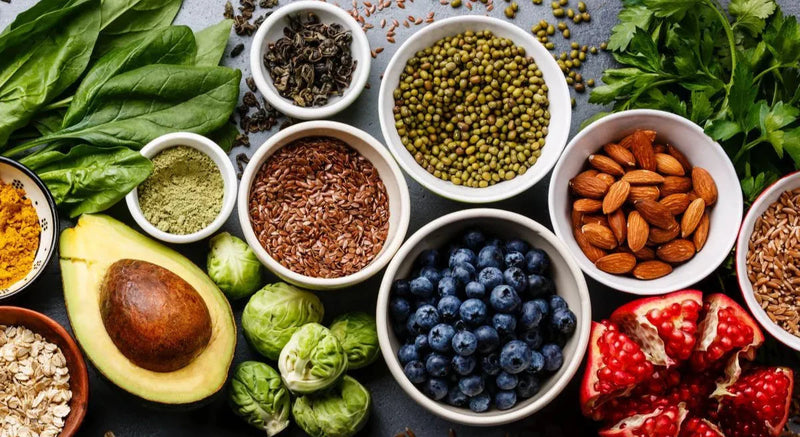Mechanisms Behind Acne
The precise mechanisms of acne are still not fully understood, our individual genetic makeup can influence how our body responds to daily stimuli. We are all individuals and therefore what triggers acne in one person will not be the same for another. However we do know that along with our individual genetics and indeed as part of those genetics, acne is characterised by a complex interaction of various hormones, bacteria and inflammation.
Acne could be described as ‘burdened skin making up for burdened organs or systems elsewhere in the body’. The skin is an organ, and along with the liver and kidneys plays an important role in detoxification and elimination. Supporting the livers ability to detoxify is important when addressing acne. When the liver becomes overwhelmed (burdened) internally the skin then becomes burdened as it takes on more responsibility for elimination.
The influence that stress has on acne shouldn’t be ignored. Doctors have hypothesised that the chemical changes induced by stress may alter the normal intestinal microflora. This can increase intestinal permeability contributing to increased inflammation which in turn can increase sebum production. It can become a vicious cycle with acne becoming worse due to stress and and our stress increasing because of the acne.
Hormones, Bacteria and Inflammation
People with acne tend to have lower levels of a protein called, sex hormone binding globulin (SHBG), that would normally bind to testosterone for removal. So testosterone is not removed and an excess can develop. In addition those with acne show a higher amount of an enzyme, 5-alpha-reductase, that converts testosterone to the more potent, dihydrotestosterone (DHT), causing even more pore enlargement and sebum production.
Recent studies have examined the role of the hormone, insulin-like growth factor (IGF-1) in the development of acne. IGF-1 promotes cell growth and is naturally higher during puberty. Elevated levels of IGF-1, also lead to increased sebum production and over production of the cells in the sebaceous follicles.
Detoxification, Digestion and Elimination
For the body to efficiently remove waste and toxins we need every organ and the systems that those organs are apart of to work efficiently. The cells of our body create waste products every day – metabolic waste. In addition to this we have waste from digestion, environmental toxins that we pick up through our daily lives, in the food we eat, the water we drink the pollution in the atmosphere etc. Our body has to process and eliminate all of this.
An unburdened body would do this with ease, but there are very few people who don’t carry some level of burden affecting the livers ability to metabolise and process, the kidneys ability to filter and purify, an efficient lymphatic system to pump waste from the tissues.
The intestinal microflora have the ability to influence not only systemic inflammation, but oxidative stress, glycemic control (more on that later), tissue lipid content (more on that latter too) and even mood (stress!). So these tiny little bacteria pack a huge punch, maintaining balance and diversity of our intestinal microflora is crucial for all aspects of health, including acne.
When the balance is disrupted a state of dysbiosis develops, and can contribute to the development or further progression of acne. Conventional treatment for acne often includes an oral antibiotic and initially this will often improve acne but unfortunately antibiotics kill of our own intestinal microbiota.
Diet
Carbohydrate and Refined Sugar
As far back as the 1940’s, acne has been referred to as ‘diabetes of the skin’, when studies suggested impaired skin glucose tolerance, insulin insensitivity or both were implicated in the development of acne. Insulin is used by the body to convert glucose into energy, but excess insulin in the blood stream can cause an increase in IGF-1 and increase the conversion of testosterone to DHT (those hormone again!).
Fats and oils are a necessary part of our diet, they are part of the lipid family and lipids are crucial for health, they are required for cell membranes, production of steroid hormones, brain health, they provide us with fat soluble vitamins A, D, E and K. Fats are not created equal though!
Proteins are the building blocks of our cells, they form collagen and elastin, essential for skin health and ageing. When it comes to acne the amount of protein and the sources we get it from can have significant effect on the progression of acne. Animal protein contains more pro inflammatory fats compared to plant source of protein. If your diet is heavy in animal protein it may be helpful to reduce this and include more plant sources of protein. Changing to organic meat can also be helpful as non- organic meat often contains synthetic hormones which can up-regulate the production of IGF-1.












